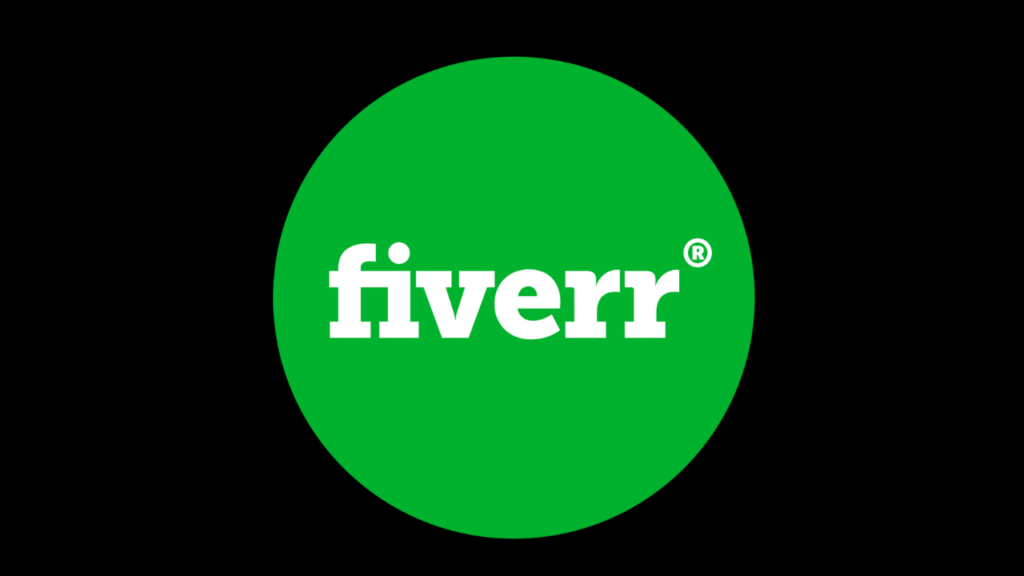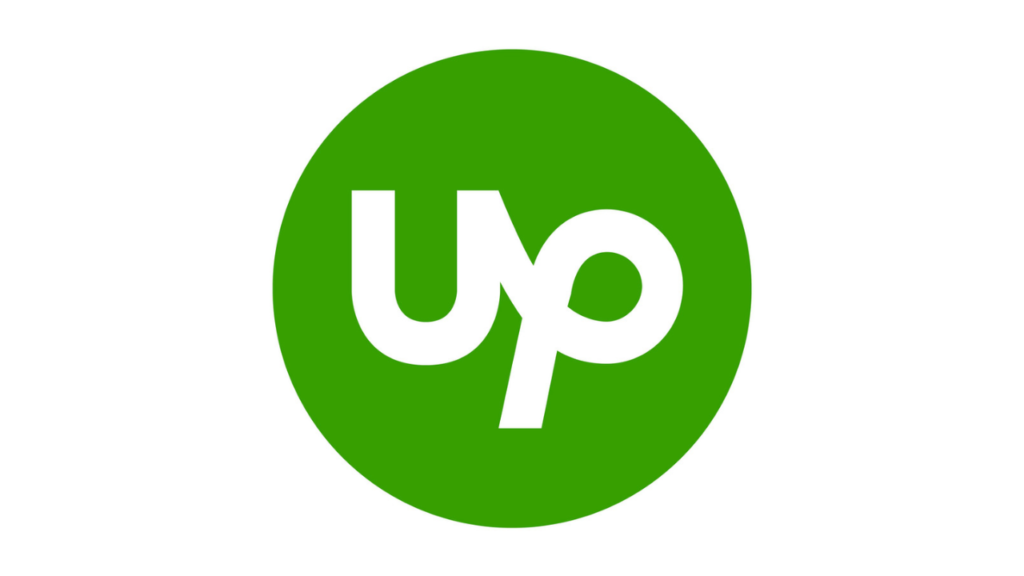Fiverr vs Upwork: Which Platform is better for Freelancers? In the digital age, freelancing has become a popular career choice for many individuals seeking flexibility and independence.
With numerous freelancing platforms available, Fiverr vs Upwork have emerged as two prominent contenders. Both platforms offer a wide range of job opportunities, but they have distinct features and cater to different freelancer preferences.
In this article, we will compare Fiverr vs Upwork to help you determine which platform is better suited for your freelance career.
Overview of Fiverr
Fiverr serves as a digital marketplace where freelancers have the opportunity to present their services to clients on a global scale.
It operates on a gig-based system, where freelancers create gigs with specific services and set their own prices. Fiverr encompasses a wide range of sectors, spanning writing, graphic design, programming, marketing, and various other fields.

It is known for its simplicity and user-friendly interface, making it easy for freelancers to showcase their skills and attract clients.
Overview of Upwork
Upwork, formerly known as oDesk, is a leading global freelancing platform that connects freelancers and clients. Unlike Fiverr, Upwork operates on a bidding system, where freelancers submit proposals for projects posted by clients.

It covers a wide range of job categories, from creative to technical fields. Upwork offers a more comprehensive platform, allowing freelancers to build long-term relationships with clients and work on larger projects.
Comparing Payment Structures
On Fiverr, freelancers set their own prices for each gig, which can range from $5 to hundreds or even thousands of dollars, depending on the complexity and scope of the service.
Fiverr charges a service fee of 20% on each transaction, meaning freelancers receive 80% of the total earnings.
Upwork operates on an hourly or fixed-rate payment model. Freelancers can set their hourly rates or negotiate fixed prices with clients.
Upwork implements a fee structure that adjusts proportionally to the cumulative earnings of the freelancer from each individual client.
The fee starts at 20% for the first $500 billed with a client and gradually decreases to 5% for earnings exceeding $10,000.
Job Opportunities
Fiverr provides a wide range of short-term projects known as gigs. Freelancers can offer their services directly to clients and complete multiple gigs simultaneously.
This model suits individuals who prefer quick and diverse assignments without long-term commitments.
Upwork offers both short-term and long-term projects. Freelancers can bid on projects posted by clients and secure ongoing contracts. Upwork is ideal for individuals seeking stability and long-term relationships with clients.
Skill Requirements and Competition
Fiverr is known for its accessibility and low entry barriers. Freelancers with various skill levels can find opportunities on the platform.
However, due to the large number of freelancers, competition can be intense, especially for popular services. To stand out on Fiverr, freelancers need to optimize their profiles, showcase their expertise, and provide excellent customer service.
Upwork attracts a broad range of skilled professionals, including highly experienced freelancers and specialized experts. The platform emphasizes professionalism and requires freelancers to demonstrate their skills and experience.
While competition on Upwork can be fierce, the quality-focused environment can lead to higher-paying opportunities for freelancers with exceptional skills.
User Interface and Experience
Fiverr offers a streamlined and intuitive user interface. Freelancers can easily create their gigs, upload portfolios, and communicate with clients through the platform’s messaging system.
Fiverr also provides various seller tools and analytics to help freelancers track their performance and optimize their offerings. Upwork offers a more comprehensive platform with advanced features for managing projects and collaborations.
It provides a robust workspace where freelancers can track their working hours, communicate with clients in real time, and collaborate on files. Upwork’s interface is designed to facilitate long-term projects and team collaborations.
Customer Support
Fiverr offers customer support through its Help Center, where freelancers can find answers to common questions and contact the support team if needed. The response time can vary, but Fiverr generally aims to provide timely assistance to its users.
Upwork offers a dedicated support team that assists freelancers throughout their journey on the platform. Freelancers can reach out to Upwork’s support through various channels, including chat, email, and phone.
The platform also provides a community forum where freelancers can seek advice and engage with other users.
Pricing and Fees
Fiverr charges a service fee of 20% on each transaction, as mentioned earlier. Additionally, Fiverr offers optional paid features, such as promoted gigs and advanced analytics, which can help freelancers enhance their visibility and performance.
Upwork’s sliding fee structure ranges from 5% to 20%, depending on the freelancer’s lifetime billings with each client. Freelancers can also choose to subscribe to Upwork’s premium membership, which provides benefits like additional connects (used for bidding on projects) and enhanced visibility.
Also, Read This Create a gig on fiverr
Security and Trust
Fiverr and Upwork prioritize security and trust to ensure a safe environment for freelancers and clients. Both platforms have built-in escrow systems that hold funds until the completion of projects, protecting both parties from fraudulent activities.
They also have review systems where freelancers and clients can provide feedback and ratings based on their experiences.
Pros and Cons of Fiverr
Pros:
- Easy-to-use platform with a simple gig-based system
- There is a diverse array of job prospects available across multiple industries.
- Accessible for freelancers with different skill levels
- Affordable starting prices for services
Cons:
- Intense competition for popular services
- Service fee of 20% on each transaction
- Limited support options compared to other platforms
- Pros and Cons of Upwork
Pros:
- Extensive job categories and opportunities for long-term contracts
- Higher earning potential for skilled professionals
- Advanced features for project management and collaboration
- Dedicated customer support team
Cons:
- Competitive environment with high-quality standards
- Sliding fee structure based on lifetime billings
- Learning curve for new freelancers unfamiliar with bidding systems
- Case Studies: Success Stories
Jane Doe – Fiverr Success Story:
Jane Doe, a graphic designer, started her freelance career on Fiverr. Through consistent gig promotion, excellent customer service, and building a strong portfolio, Jane attracted a steady stream of clients.
Her success on Fiverr enabled her to establish her own design agency and expand her business beyond the platform.
John Smith – Upwork Success Story:
John Smith, a software developer, found success on Upwork by showcasing his expertise in niche programming languages.
His commitment to delivering high-quality work and building lasting relationships with clients led to repeat projects and referrals. John’s success on Upwork allowed him to establish himself as a sought-after developer in his field.
Conclusion
Choosing between Fiverr vs Upwork depends on your specific needs and preferences as a freelancer. Fiverr is ideal for freelancers who prefer short-term projects, flexibility in pricing, and a user-friendly interface.
On the other hand, Upwork offers a platform for both short-term and long-term projects, with a focus on professionalism and higher-paying opportunities.
Consider factors such as payment structures, job opportunities, skill requirements, user interface, customer support, pricing, and security when making your decision.
It’s also beneficial to explore success stories and case studies to gain insights from freelancers who have found success on these platforms.
Regardless of the platform you choose, remember to optimize your profile, showcase your skills, provide exceptional service, and maintain professionalism to attract clients and build a successful freelance career.
FAQs
-
Can I use both Fiverr vs Upwork simultaneously?
Yes, many freelancers utilize multiple platforms to maximize their job opportunities and diversify their client base. However, make sure you can manage your workload effectively without compromising the quality of your work.
-
Are there any additional costs on Fiverr vs Upwork?
Both platforms have optional paid features that can enhance your visibility and performance. These features may include promoted gigs, premium memberships, and advanced analytics. Evaluate their value based on your specific goals and budget.
-
Is it necessary to have a specific skill set to succeed on Fiverr vs Upwork?
Both platforms accommodate a wide range of skill sets. While certain skills may be more competitive, there are opportunities for freelancers with diverse expertise levels. Focus on optimizing your profile, highlighting your unique skills, and providing exceptional service to stand out.
-
How long does it take to become successful on Fiverr or Upwork?
Success on freelancing platforms depends on various factors, including the demand for your skills, competition in your niche, and your own dedication and effort.
Building a successful freelance career takes time and consistent effort in establishing your reputation, delivering high-quality work, and cultivating client relationships.
-
Can I switch between Fiverr vs Upwork if I’m not satisfied with one platform?
Yes, you can switch between platforms based on your preferences and experiences. Evaluate the pros and cons of each platform, consider your specific needs, and make an informed decision.
Remember to transfer your profile, portfolio, and client relationships appropriately when transitioning to a new platform.

